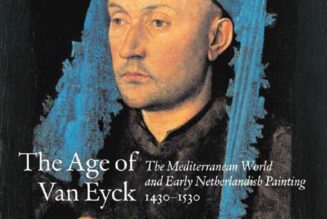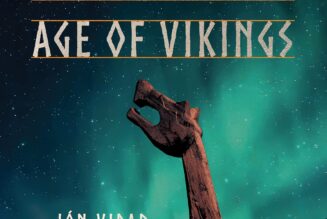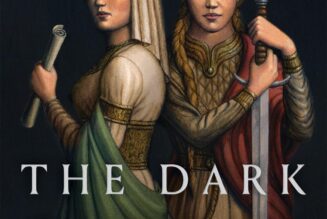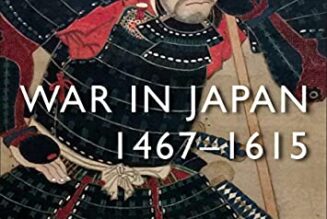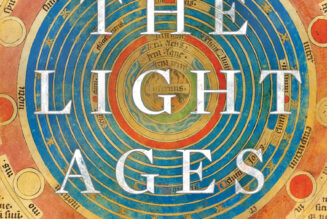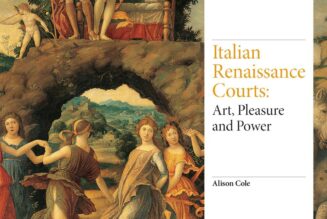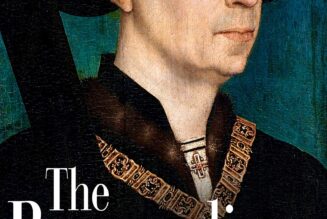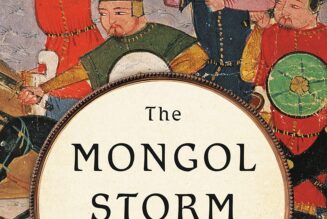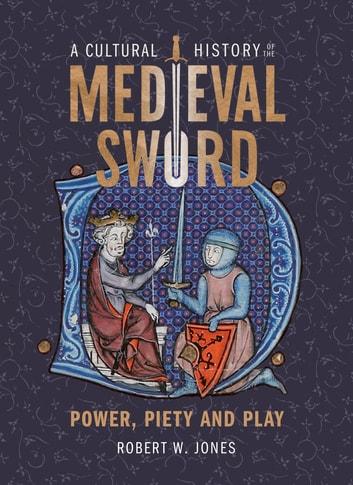
“A Cultural History of the Medieval Sword: Power, Piety and Play” by Dr Robert W Jones.
The sword is an important and multi-faceted symbol of military power, royal and communal authority, religion and mysticism. This study takes the sword beyond its functional role as a tool for killing, considering it as a cultural artefact, and the broader meaning and significance it had to its bearer.
It should be on the bookshelf of anybody who claims to be interested in the importance of the sword in medieval life and thought and their cultural significance in the past – and present. Robert Woosnam-Savage, Royal Armouries.
We see the sword as an object of nobility and status, a mystical artefact, imbued with power and symbolism. It is Roland’s Durendal, Arthur’s Excalibur, Aragorn’s Narsil. A thing of beauty, its blade flashes in the sun, and its hilt gleams with opulent decoration. Yet this beauty belies a bloody function, for it is also a weapon that appears crude and brutal, requiring great strength to wield: cleaving armour, flesh, and bone.
This wide-ranging book uncovers the breadth of the sword’s place within the culture of high medieval Europe. Encompassing swords both real and imagined, physical, and in art and literature, it shows them as a powerful symbol of authority and legitimacy. It looks at the practicalities of the sword, including its production, as well as challenging our preconceptions about when and where it was used.
In doing so, it reveals a far less familiar culture of swordsmanship, beyond the elite, in which swordplay was an entertainment, taught in the fencing school by masters such as Lichtenauer, Talhoffer, and Fiore, and codified in fencing manuals, or fechtbücher.
The book also considers how our modern attempts to reconstruct medieval swordsmanship on screen, and in re-enactment and Historical European Martial Arts (or HEMA), shape, and have been shaped by, our preconceptions of the sword. As a whole, the weapon is shown to be at once far more mundane, and yet just as special, as we imagine it.

